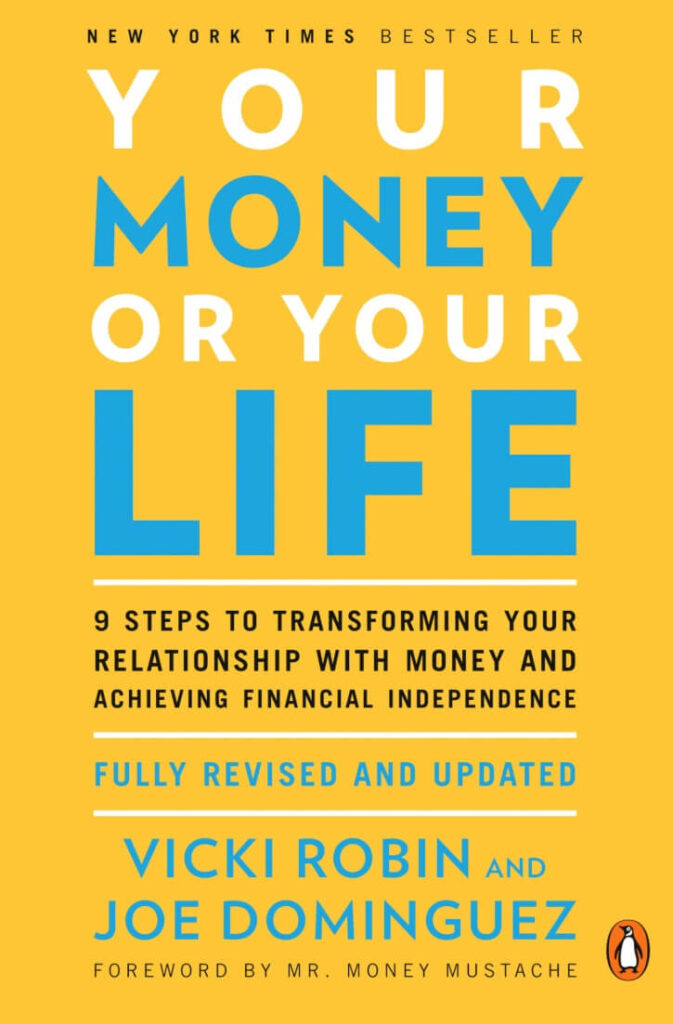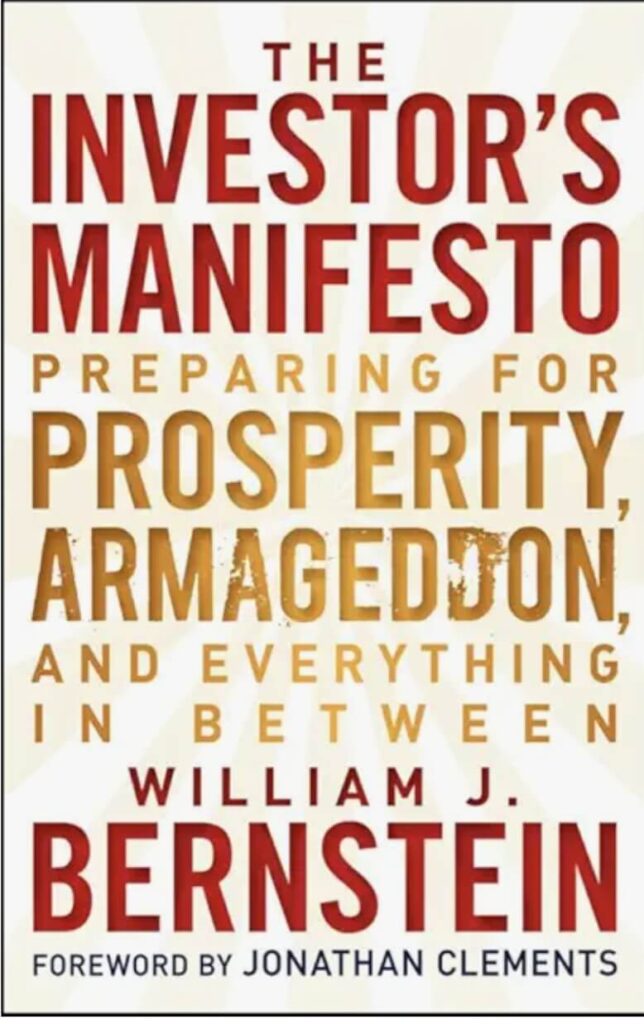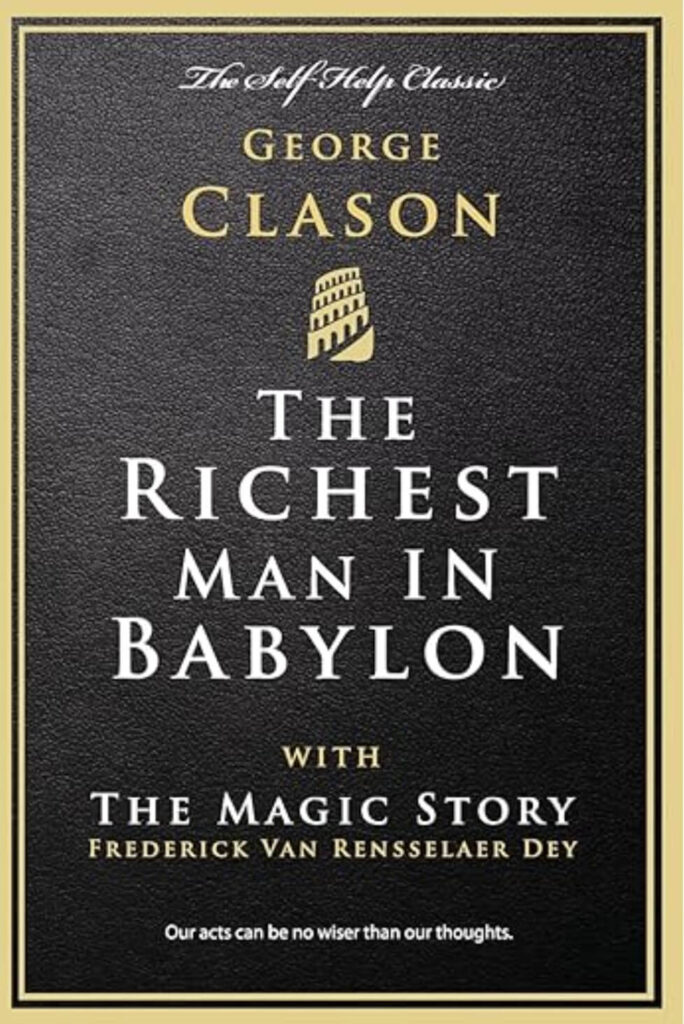A 9-Step Plan to Financial Independence — Or an Overhyped Manual for Frugal Extremism?
🎯 Introduction: Visionary Blueprint or Outdated Dogma?
Your Money or Your Life by Vicki Robin and Joe Dominguez is often lauded as a personal finance classic — a spiritual predecessor to the FIRE (Financial Independence, Retire Early) movement and a touchstone in minimalist living. But nearly three decades after its original publication, is the book still relevant in today’s complex, inflation-riddled economy?
This review says: not entirely.
Beneath its lofty premise of aligning your spending with your values lies a system that is overly rigid, idealistic to a fault, and — at times — naively detached from modern financial realities. While some find it transformative, others may find it patronizing, dated, or simply unhelpful beyond the echo chambers of Reddit’s r/simpleliving.
🧠 Core Philosophy: Every Dollar = Your Life
The book’s central argument — that money represents “life energy” and should be spent with absolute intentionality — is both its unique strength and its greatest flaw. Robin and Dominguez ask readers to calculate their “real hourly wage” (factoring in time spent commuting, decompressing from work, and work-related expenses) and then examine whether each purchase is worth that lost time.
It’s a clever reframe — until it isn’t.
What begins as a powerful exercise in mindfulness quickly devolves into a hyper-frugal ideology that borders on obsessive. The tone veers from motivational to moralistic, suggesting that any spending not directly aligned with your core values is essentially a betrayal of your life energy.
For some, that’s empowering. For others, it’s exhausting.
📦 What’s Inside: 9 Steps, Countless Hours of Tracking
The book outlines a nine-step program, ranging from detailed expense tracking and wage recalculations to monthly graphing of expenses and evaluating each purchase’s value alignment.
While these steps aim to build financial clarity, they are extraordinarily labor-intensive. In an age of automated budgeting tools, the idea of manually logging every dollar and drawing charts by hand feels more nostalgic than practical.
Moreover, the advice is slow-moving and inflexible. There’s little room for nuance or adaptation to modern realities like gig work, childcare costs, or health insurance premiums — let alone market volatility, AI-driven employment shifts, or today’s skyrocketing housing costs.
🗣️ What Readers Appreciate (the Few, the Dedicated)
✅ 1. Strong Philosophical Framework
The concept of tying money to life energy resonates with people burned out by consumerism. For readers already steeped in minimalism or FIRE culture, the book can serve as a philosophical north star.
✅ 2. The “Real Hourly Wage” Exercise
This calculation is frequently cited as the book’s most valuable takeaway. It forces you to confront the hidden time costs of employment and rethink the true value of your paycheck.
✅ 3. Frugality Reframed as Freedom
For those who enjoy thriftiness as a lifestyle choice, the book’s message is liberating. It encourages living below your means not as punishment, but as a form of sovereignty over your time.
❌ Where It Crumbles (and Often Does)
❌ 1. Aggressively Outdated Advice
Despite updates, much of the content reflects a 1990s worldview where a frugal lifestyle, plus safe investments, could deliver financial independence in a decade or less. Try telling that to someone paying $2,200/month for rent and $1,000/month for childcare. The book’s math doesn’t add up anymore.
❌ 2. Tone-Deaf and Privileged
The assumption that people can easily cut back on spending to reach “enough” fails to acknowledge systemic issues — wage stagnation, debt, health expenses, and housing insecurity. The authors speak from a place of privilege, where frugality is a noble choice rather than a painful necessity.
❌ 3. Frugality at the Expense of Joy
Readers have called out the book’s glorification of austerity. Fun, spontaneity, and indulgence are treated as wasteful distractions. There’s little room in this system for guilt-free enjoyment — a dangerous mindset that can lead to toxic frugality and deprivation masquerading as discipline.
❌ 4. Emotionally Manipulative Language
Phrases like “trading your life energy for lattes” sound profound at first — until they become dogmatic. The guilt-laden tone can be off-putting, especially for readers who already struggle with financial shame or burnout.
🔍 Deeper Analysis: Financial Strategy or Lifestyle Sermon?
Your Money or Your Life is light on actionable investment strategies and heavy on lifestyle preaching. The authors offer minimal advice on building or managing actual wealth. There’s a nod to Treasury bonds and index funds, but the investment component is a weak afterthought to the primary mission: reduce, reflect, and retreat from consumption.
That might appeal to someone in a high-earning tech job looking to opt out. But for middle- or lower-income readers, the plan is less liberating and more like an extended exercise in austerity.
There’s also a lack of psychological realism. Behavioral finance — now a staple in modern personal finance books — is absent. The authors assume that with enough moral clarity, anyone can conquer impulse spending. That’s naive at best.
📖 Comparison: Where It Falls Behind
Compared to JL Collins’s The Simple Path to Wealth, which combines philosophy and clear investing tactics, Your Money or Your Life feels lopsided. Against books like The Psychology of Money by Morgan Housel or I Will Teach You to Be Rich by Ramit Sethi, it feels dated and overly prescriptive.
Put simply: this is not a modern finance guide. It’s a minimalist life manifesto.
💬 Reader Reviews: A Cult Favorite with Caveats
“This book was life-changing — I finally saw how my spending didn’t reflect my values.”
— 5-star Amazon review
“Good luck retiring early if you live in New York or have kids. Completely out of touch.”
— 2-star Goodreads review
“I felt judged. The tone was holier-than-thou. I’m frugal already — I don’t need to feel guilty for buying coffee.”
— Reddit comment
“Useful for questioning your lifestyle. Useless for building real wealth.”
— Blog response on Millennial Money
⭐ Final Verdict: ★★☆☆☆ (2.5/5)
Your Money or Your Life is a bold, original, and often eye-opening work — but it’s also rigid, preachy, and increasingly out of step with today’s financial realities.
If you’re looking for a financial ideology, you’ll find one here. If you’re looking for practical wealth-building tools, or a balanced approach to money, time, and joy — keep looking.
Who Should Read It:
⦁ FIRE movement diehards
⦁ Philosophical minimalists
⦁ Readers who enjoy analog methods like journaling and chart-drawing
Who Might Want to Skip It:
⦁ Anyone living paycheck to paycheck
⦁ Parents, caretakers, or people with limited discretionary spending
⦁ Readers looking for modern, tech-savvy personal finance advice
Bottom Line:
“A useful mirror for your spending — but don’t mistake it for a roadmap to financial success in 2025.”




